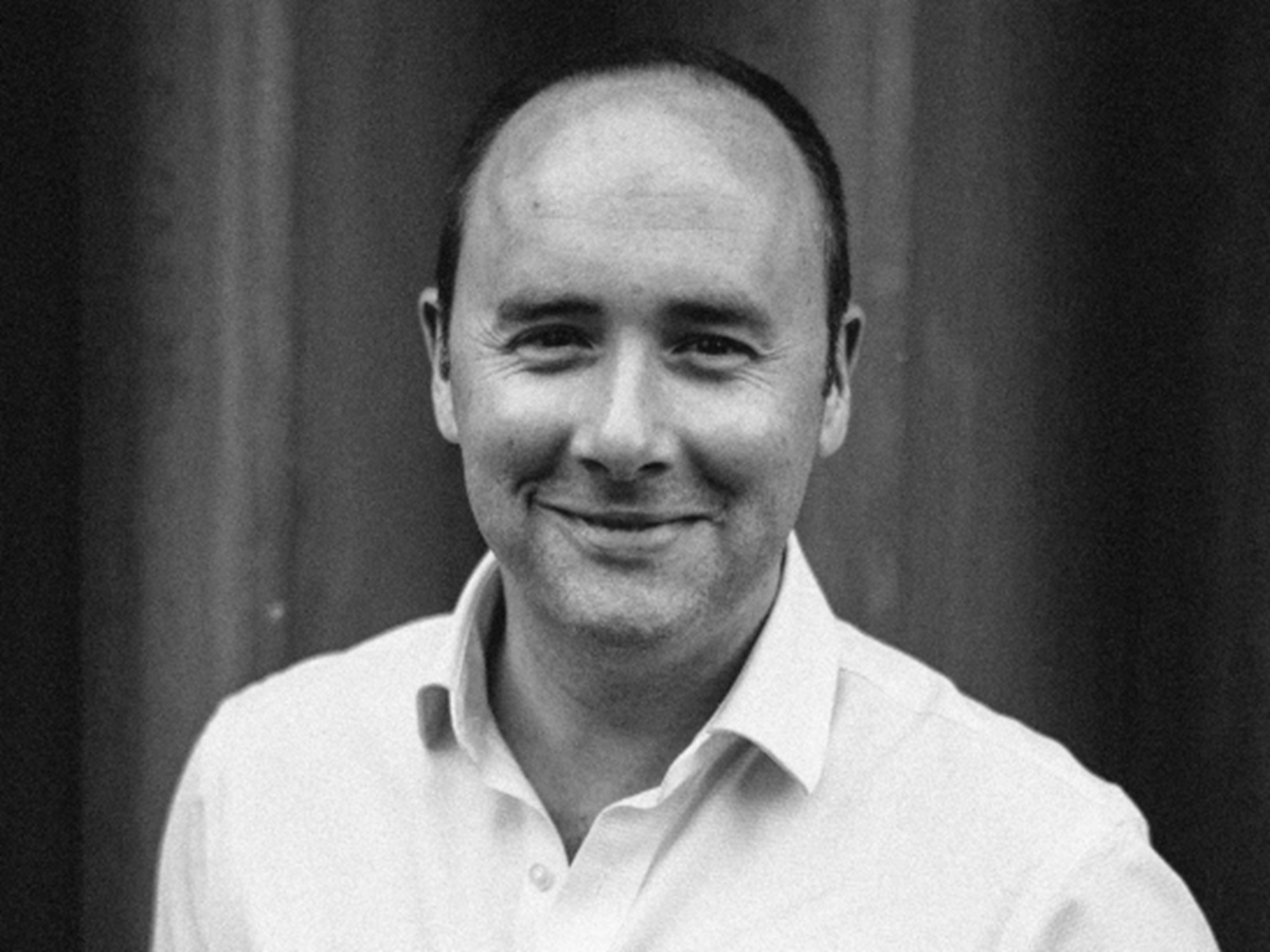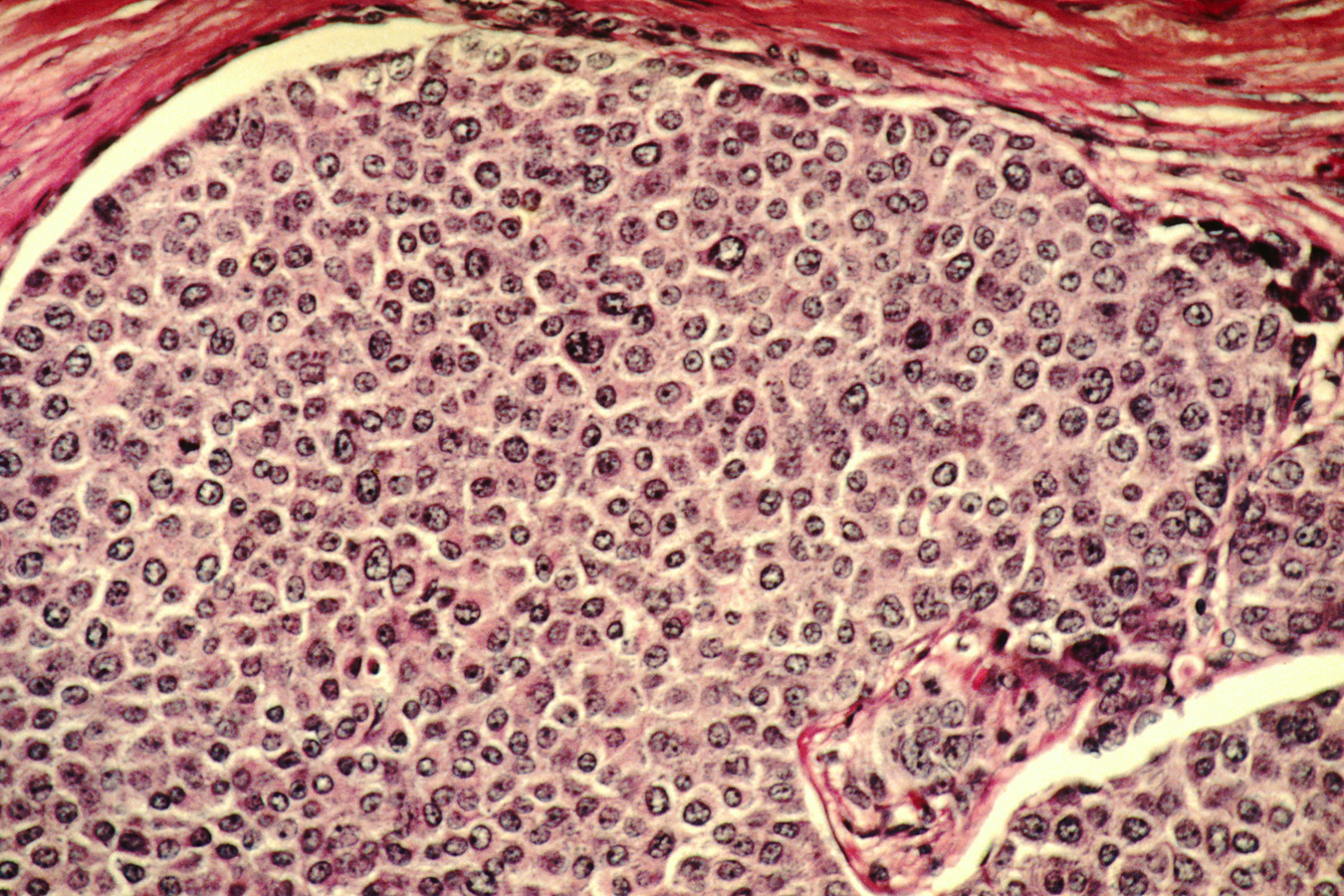Dr Hugh Harvey is an experienced radiologist who was awarded an MD from the Institute of Cancer Research in 2016. He has recently set up his own digital health consultancy.
Hugh’s MD project, which he carried out in the ICR's Division for Radiotherapy under the supervision of Professor Nandita deSouza, focussed on improving functional imaging of prostate cancer – to help doctors to target radiotherapy more precisely to a patient’s tumour while sparing nearby healthy tissues.
“My greatest achievement was collaborating with data scientists to build functional maps of prostate activity from MRI scans,” he explains. “I am also very proud to have won the Mel Greaves Science Writing Prize two years in a row.”
Hugh developed new expertise during his time at the ICR, particularly in data science and statistics, which has fundamentally shaped the rest of his career.
“Without studying at the ICR, I would have almost certainly ended up as an NHS consultant,” he says. “But my degree opened completely new doors – not only in academia but also in industry.”
Hugh has since held senior roles at two flagship UK startups, leading both to successfully gain world-first regulatory approvals for medical software based on artificial intelligence (AI).
He was invited to co-chair the Topol health technology review, which was commissioned by the Secretary of State for Health and Social Care. He was a co-opted member of the Royal College of Radiologists informatics committee and sat on their AI policy reference group.
He is now Managing Director of Hardian Health where he advises startups and mid-stage companies on routes to market for their digital health technologies. He also retains an academic interest as a member of the editorial board for Nature: Digital Medicine and holds an honorary research fellowship at UCL.
He advises that other clinicians should consider studying at the ICR because “it will broaden your horizons in ways that you won’t even realise yet.”


